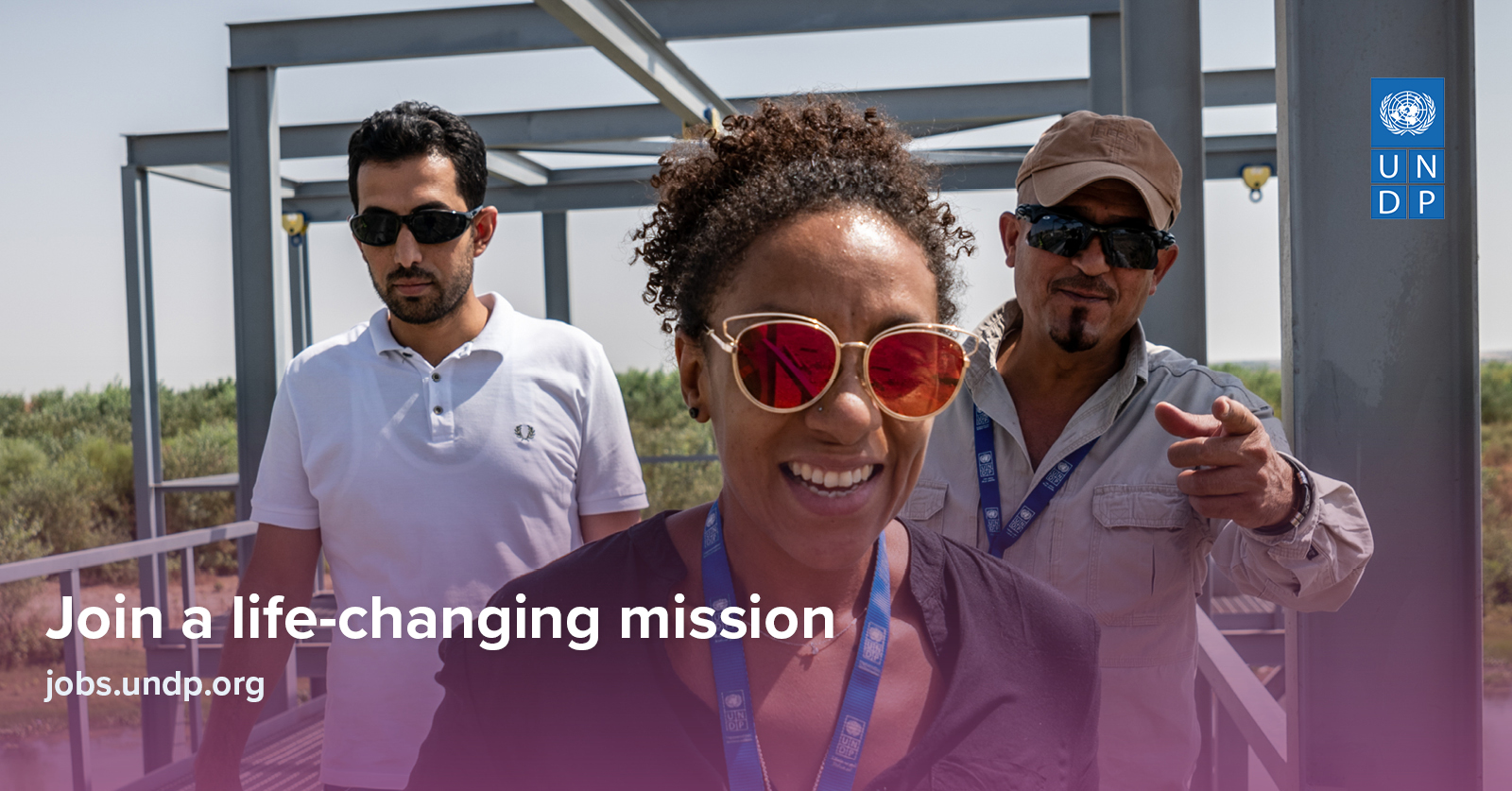
PROJECT DESCRIPTION
The Spotlight Initiative is a global partnership to eliminate all forms of violence against women and girls. It was launched in September 2017 by the United Nations (UN) Secretary-General and the European Union (EU) High Representative and Vice President (HRVP). It is a visible political and financial investment from the EU in the multilateral relationship with the UN and in gender equality. The Spotlight Initiative in Africa will be implemented in 8 countries (Liberia, Malawi, Mali, Mozambique, Niger, Nigeria, Uganda, and Zimbabwe). The focus for the African initiative is GBV, SRHR and Harmful Practices (HP) In Zimbabwe the SI implementation will be by six UN agencies Namely, ILO, UNDP, UNESCO, UNFPA, UNICEF and UN Women (RUNOs).
The overall vision of the Spotlight Initiative in Zimbabwe is that women and girls realize their full potential in a violence-free, gender-responsive and inclusive Zimbabwe. The Spotlight Initiative will directly contribute to Zimbabwe’s achievement of three of the country’s prioritized Sustainable Development Goals (SDGs): Goal 5 on Gender Equality, Goal 3 on good health and well-being and Goal 16 on inclusive and peaceful societies. The programme will contribute to the elimination of SGBV and HPs through the creation of a broad partnership with Civil Society, Government, Private Sector, Media, among others; and build a social movement of women, men, girls and boys as champions and agents of change at the national, subnational and community levels. A specific focus will be on reaching and including in the programme women and girls who are often isolated and most vulnerable to SGBV and HPs due to intersecting forms of discrimination. The programme will also seek to address the SRHR needs of all women and girls using a life-cycle approach.
Background
The Zimbabwean economy has changed phenomenally over the years, with the informal sector having more influence over the country’s revenue inflows. This scenario has given birth to community-initiated projects that have sustained our economy during trying times. Despite their positive contribution to the country’s economy, most informal traders at community level lack the requisite skills to formalise and upscale their businesses. These existing skills gaps have to be urgently attended to, in order to concretise the country’s efforts and ambitions of modernizing and industrialising its economy through science and technology by 2030.
The Government of Zimbabwe, through the Ministry of Women Affairs, Community, Small and Medium Enterprises Development is tasked with the capacitation of citizens with viable technical and business skills that are essential for the development of livelihoods, enterprises, and even new value chains (in addition to growing existing ones). In this regard, the role of the Ministry’s training centres is key in ensuring that a large section of the nation, who are currently unable to access conventional training programmes and institutions due to failure to meet standard entry requirements, and inability to meet the financial costs of training, are catered for and capacitated adequately enough.
In order to effectively deliver on its community skills training mandate, the Ministry needs to develop and utilize a responsive, needs based curriculum that will meet the training needs of community members with content that is up to date and relevant for the current and anticipated business environment. The importance will be on ensuring that the final training curriculum equips trainees with the necessary skills to enter into their chosen area of business interest, and enables them to develop key capabilities related to successful entrepreneurship development.
In today’s knowledge economy, curriculum development plays a vital role in providing guidance to training activities by defining the type of training content to be delivered, and the methods to utilize when delivering the training. This has a number of operational advantages as this will ensure that training information is of the expected standard, and that a mutually expected and measurable outcome is realized. Trainers will also have a reference point from which all their training activities will be drawn from, thereby allowing the same expected standard of training to be delivered regardless of who is doing the training.
It is within this background that UNDP and the MOWACSMED seek to engage a consultant to led the review and updating of the curriculum for the MOWACSMED training centres.


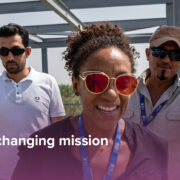

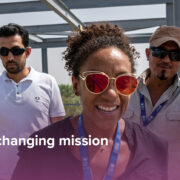

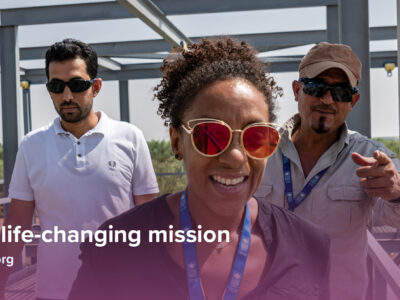

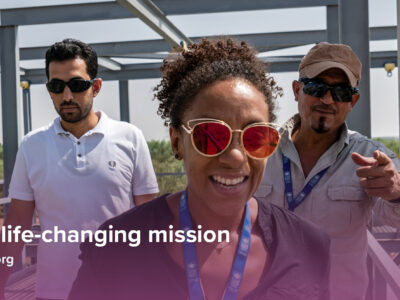


Comments